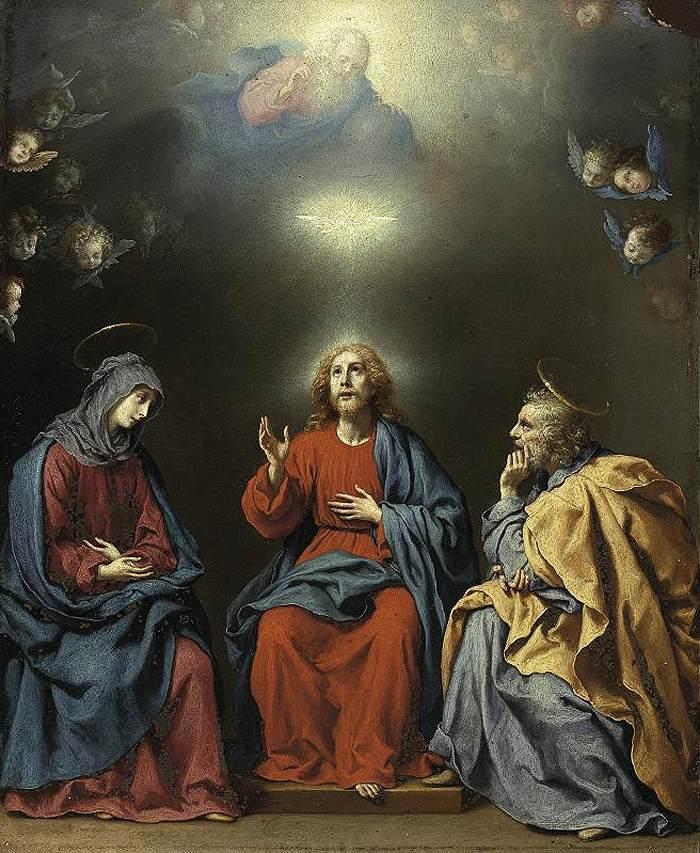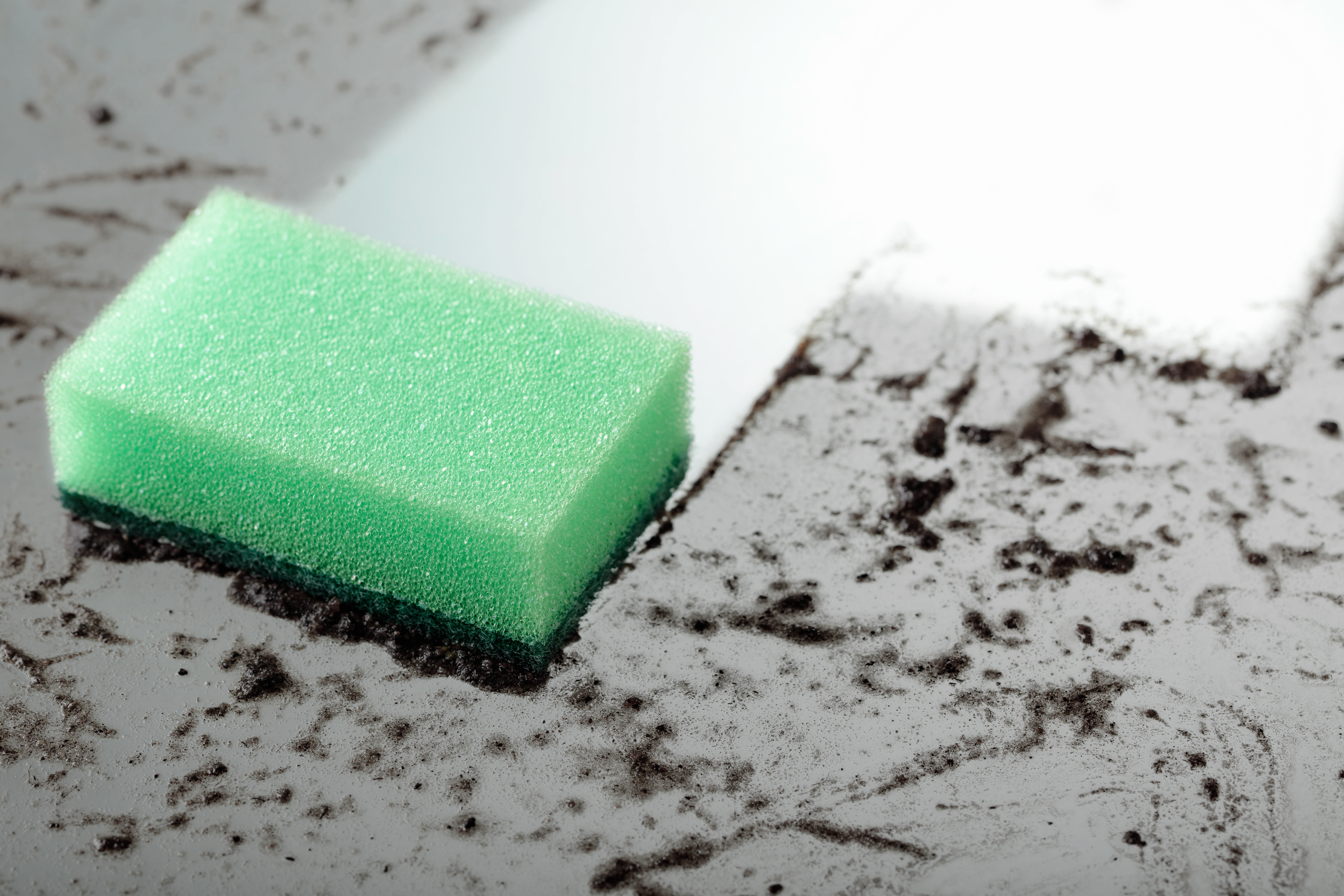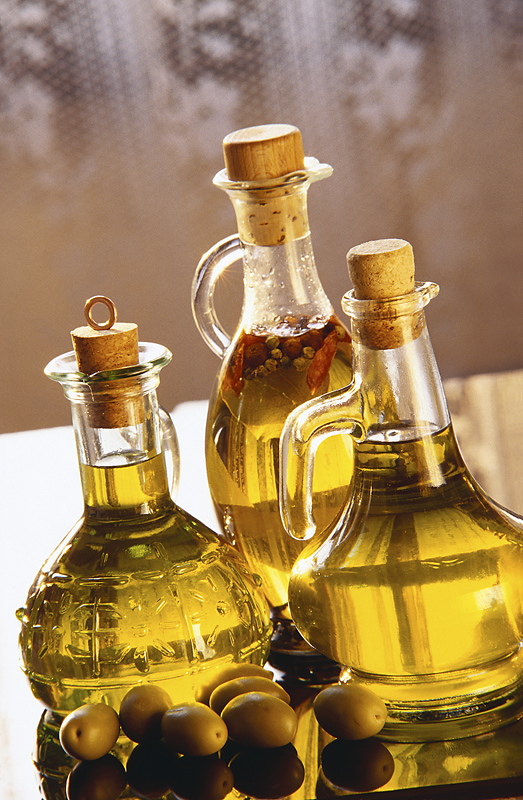
Leviticus 8:12, Anointing oil … consecrates [Heb. kadash].
The Hebrew word kadash signifies the state of something that belongs to the realm of the sacred, and which is set-apart for divine use and has been separated from the sphere of the secular, common or profane. The Bible often uses the term holy (meaning “set-apart”) to signify this state of being. The word of Elohim designate many things as set-apart:
- The ground upon which YHVH is standing (Exod 3:5; Josh 5:15)
- The people of Israel (Exod 19:6; Deut 14:21; 26:19)
- The Sabbath (Exod 16:23; 20:8)
- The Tabernacle of Moses (Exod 26:33)
- The garments worn by the high priest (Exod 28:2)
- The altar of sacrifice (Exod 40:10)
- The offerings made on the altar (Lev 6:18)
- YHVH’s feast days (Lev 23:2)
- The camp of Israel (Deut 23:14)
- Heaven as the abode of Elohim (Deut 26:15)
- YHVH Elohim (Job 6:10; Pss 22:3; 78:4; 99:5)
- Zion and Jerusalem (Ps 2:6; Matt 27:53; Rev 22:19)
- The Spirit of Elohim (Matt 1:20)
- The angels (Matt 25:31)
- The servants of Elohim (Mark 6:20)
- The name of YHVH (Luke 1:49)
- Yeshua (Acts 2:27; 3:14)
- YHVH’s prophets (Acts 3:21)
- The saints (1 Pet 2:9; Rev 22:11)
- The Torah (2 Pet 3:21)
The people, times and items listed on this listed are holy because Elohim has designated them as such. Only Elohim has the power and authority to determine what is holy and what is not. Just because men and religious institutions designate or sanctify something as being holy or set apart to Elohim doesn’t mean that it is. The proclamations of men stating that something is holy may or may not agree with Elohim and his Word as to what is holy. If it doesn’t, then it is not holy regardless of the labels that men may put on it. Examples of this would be manmade holidays and times of worship, places and items. Men’s attempt to elevated something that is otherwise of the world, the flesh or the devil to a state of supposed holiness is nothing more than a ruse to fool people into thinking that something is what it is not. Usually behind these efforts on the part of men to attempt to delude the unwary and unsuspecting masses is the quest for money, power and fame. As Paul notes in 2 Corinthians 11:13–15, there are many religious deceivers who appropriate to themselves religious titles, but who, in reality, are tools of Satan, the arch-deceiver who transforms himself into an angel of light. The devil and his humans agents are masters at counterfeiting Elohim’s truth and taking that which is holy and profaning or polluting it, again usually for money, power and fame.
Here is a short list of things that the Bible doesn’t designate as holy, but some people do.
- The holy cross
- Holy water
- Mary, the holy mother of Yeshua
- Sunday
- Christian holidays
- The holy trinity
- The holy sepulchre of Christ
- Holy relics
- The Vatican (i.e. the Holy See)
- The Pope (i.e. the holy father)
- Holy Week
- Holy mass
- Holy cities (e.g. Rome, Mecca, Medina)
- The holy grail
- Holy moly
- Holy guacamole
- Holy cow
And the list goes on of the things that humans have designated as holy but aren’t holy according to Elohim.
YHVH’s people must learn to make a difference between that which he designates as being kadash (holy) andthat which is profane (Lev 10:10; Ezek 44:23). In order to do this, one must know what YHVH defines as set-apart in his Written Word and then align their thinking and lifestyle with that. Again, what the Bible calls holy and what religious call holy may or may not be in agreement.
The act of consecrating someone (or something, e.g. Exod 30:26), as occurs in Leviticus 8:12, often involves the ritual of pouring olive oil on them to signify their being set-apart for a special work or service. This is called anointing (see Exod 28:41; 29:7; 1 Sam 16:12; 1 Kgs 1:34; Isa 61:1; 2 Cor 1:21).
Yeshua’s title is Messiah (Heb. Mashiach) literally meaning, “one who is anointed, smeared or consecrated with (olive) oil.” The English word Christ derives from the Greek word Christos, which is the Greek equivalent of the Hebrew word mashhiach. In biblical thought, the Messiah would be One coming from heaven who would possess a super-anointing of the Spirit of Elohim (Isa 11:1–10; 42:1–21; 61:1–3; John 3:34) to accomplish the purposes of Elohim on earth.
Have you placed your trusting faith in Yeshua the Messiah, the Anointed One from heaven? He is the only one who can take away the shame, guilt and penalty of your sin, and the only one who defeated death and the grave and can lead you past the veil of death and into immortality.






